
Michelle Du and Paul Farley are Hiba’s Lower and Upper Primary School coordinators respectively and their role is a broad yet essential one.
In this interview, Paul and Michelle explain the nature of coordination across the different Hiba schools and how it helps pupils succeed regardless of their current age and stage of education.
Meet our Primary Coordinators
Michelle Du〡Lower Primary Coordinator
Paul Farley〡Upper primary coordinator
1. Can you give a basic overview of what you do as coordinators?
Paul:I coordinate Upper Primary, grades 3-5. We have form classes in each grade and because Hiba is a specialist school we also have a wide range of specialist teachers. If any of either the form tutors or specialist teachers have specific issues, or they want to celebrate a pupil or class’s success, or are planning an event that affects multiple classes, then they come to me for various kinds of support. Helping to deliver pastoral care across the school is, naturally, a big part of the role.
Michelle:I coordinate Lower Primary which consists of grades 1 and 2, which are made up of five forms each. Much like Paul, my role is one of giving pastoral care and various types of support to anyone who needs it.
While we aren’t specific subject heads, we are here to help all teachers implement their curriculum as best they can in a highly collaborative manner. Basically, we are here to help share everything and help with anything!

Michelle:The outbreak of the epidemic has brought along a huge impact to the teaching plan. Most of the teachers started to adjust their teaching plans early on to meet the needs of online teaching. There was quite a lot of coordination needed when setting up the online timetables across different subjects.As coordinators, we bridged the communication between the school and the families to relay any feedback in order to continually improve the online learning program.

Paul:During the school’s closure, we have faced lots of challenges when coordinating the accumulation of Hiba Online resources for Primary pupils.
We have needed to communicate vital information with teachers (even across different time zones) while overcoming the technical issues that can happen when sharing so many files and meeting weekly deadlines, so they are ready to be shared with pupils and parents each week.
It has been a monumental team effort across the whole school, and we are proud to work with such a hard-working and committed team of teachers.
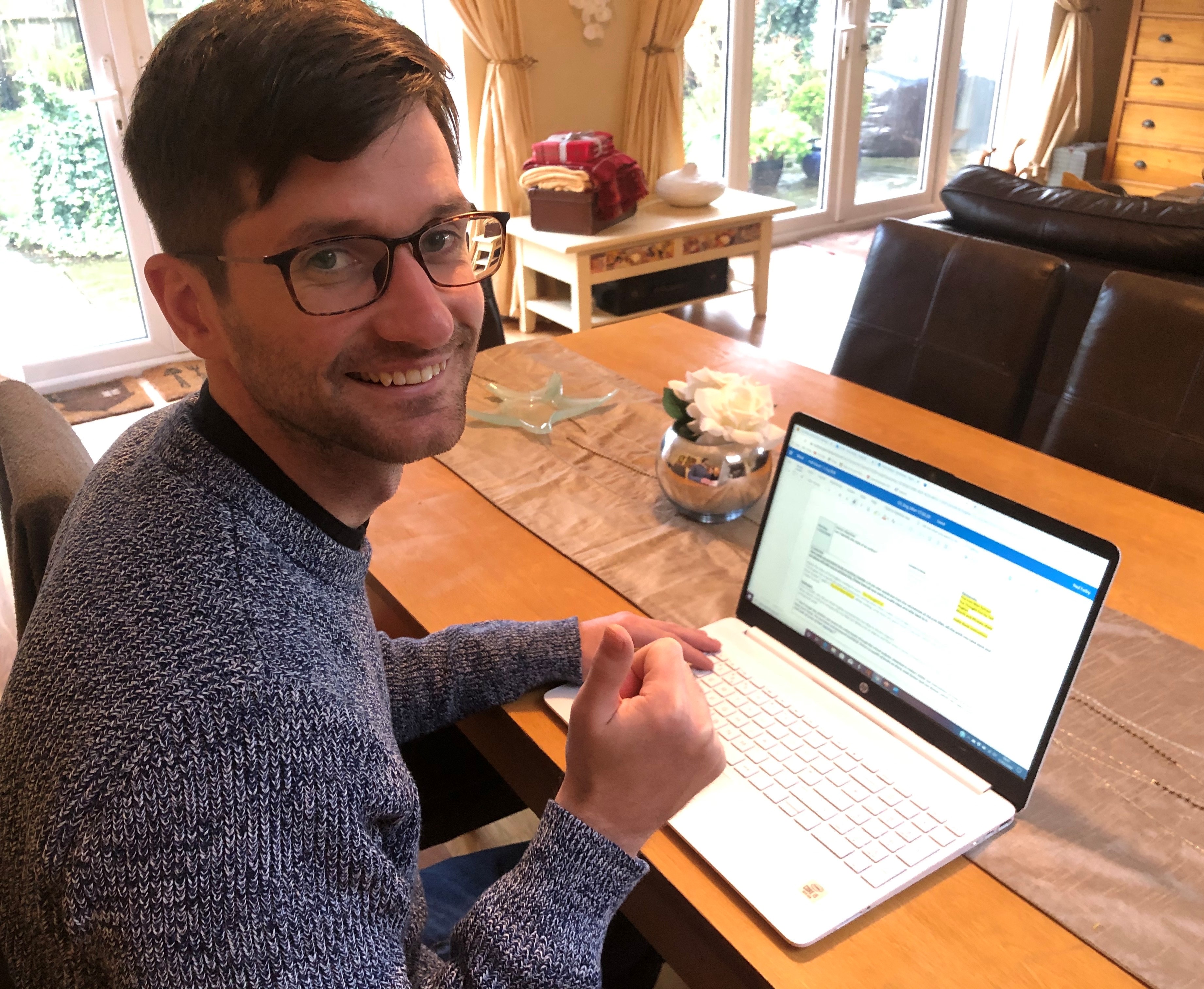
2. Moving between Lower and Upper Primary is quite an important transitional stage. What do you do to make that transition as smooth and ‘non-scary’ as possible for pupils?
Paul:The house system is one of our strongest and most effective ways of linking the schools together, as the pupils get to interact with peers throughout different grades and we have many house events, assemblies and competitions for them to bond over as a house. In these competitions and larger events, pupils are working together towards a common goal, which is a fantastic bonding experience.
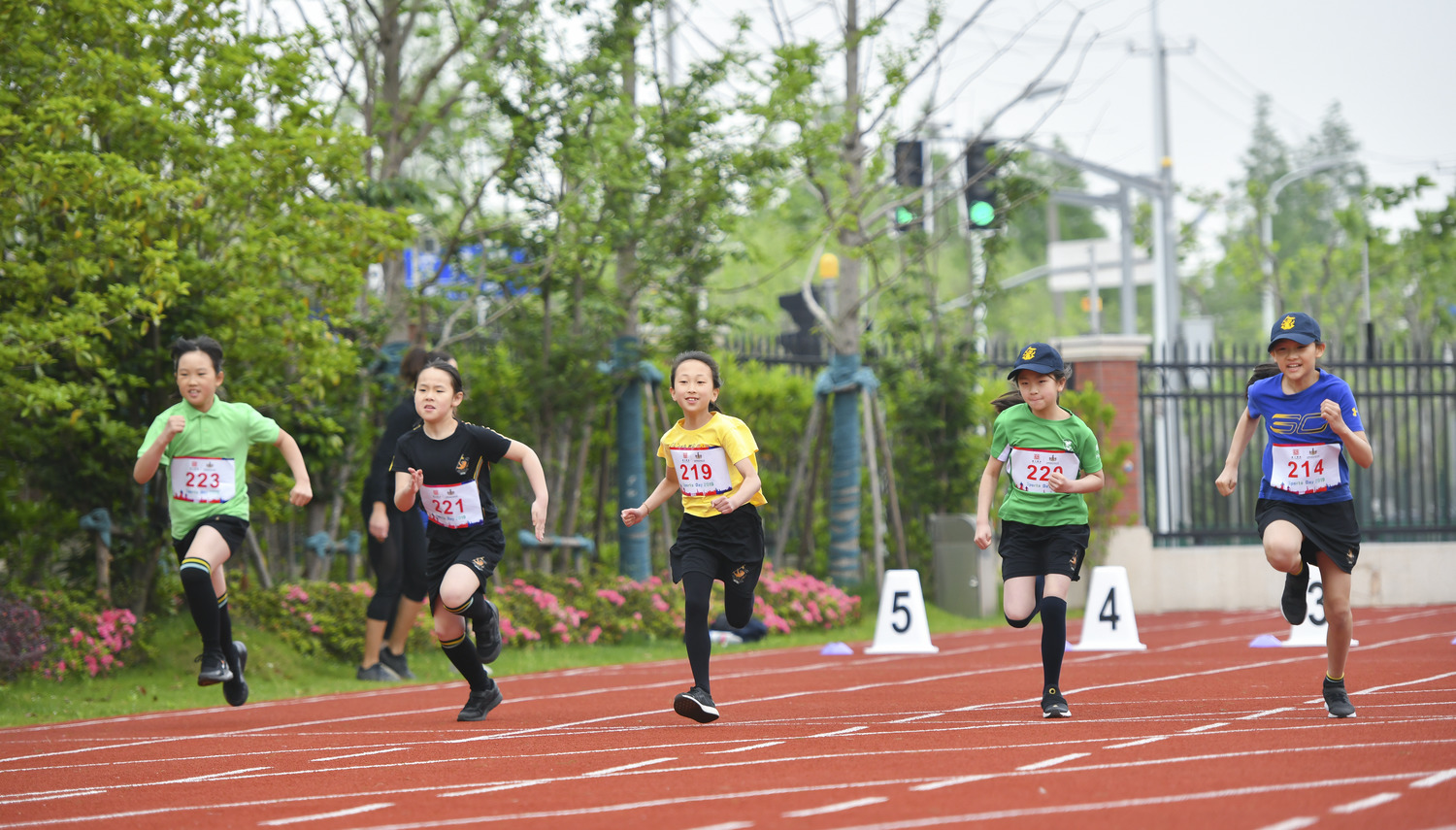
Michelle:We also have a range of leadership opportunities that allow for the older pupils to mentor and engage with their younger peers. One great example of this is the ‘Play Pals’ initiative that Mrs Donnelly (an UP Form-Tutor) started just before Christmas, where grade 5 pupils will lead play-based activities for the Lower Primary children in the playground at break times and lunch times. It’s entirely optional and the pupils are on a rota to keep things fresh and interesting.It has been so great to see how seriously they are taking this responsibility; they really want the younger ones to enjoy themselves! This is another important way for Hiba pupils of different ages to bond.
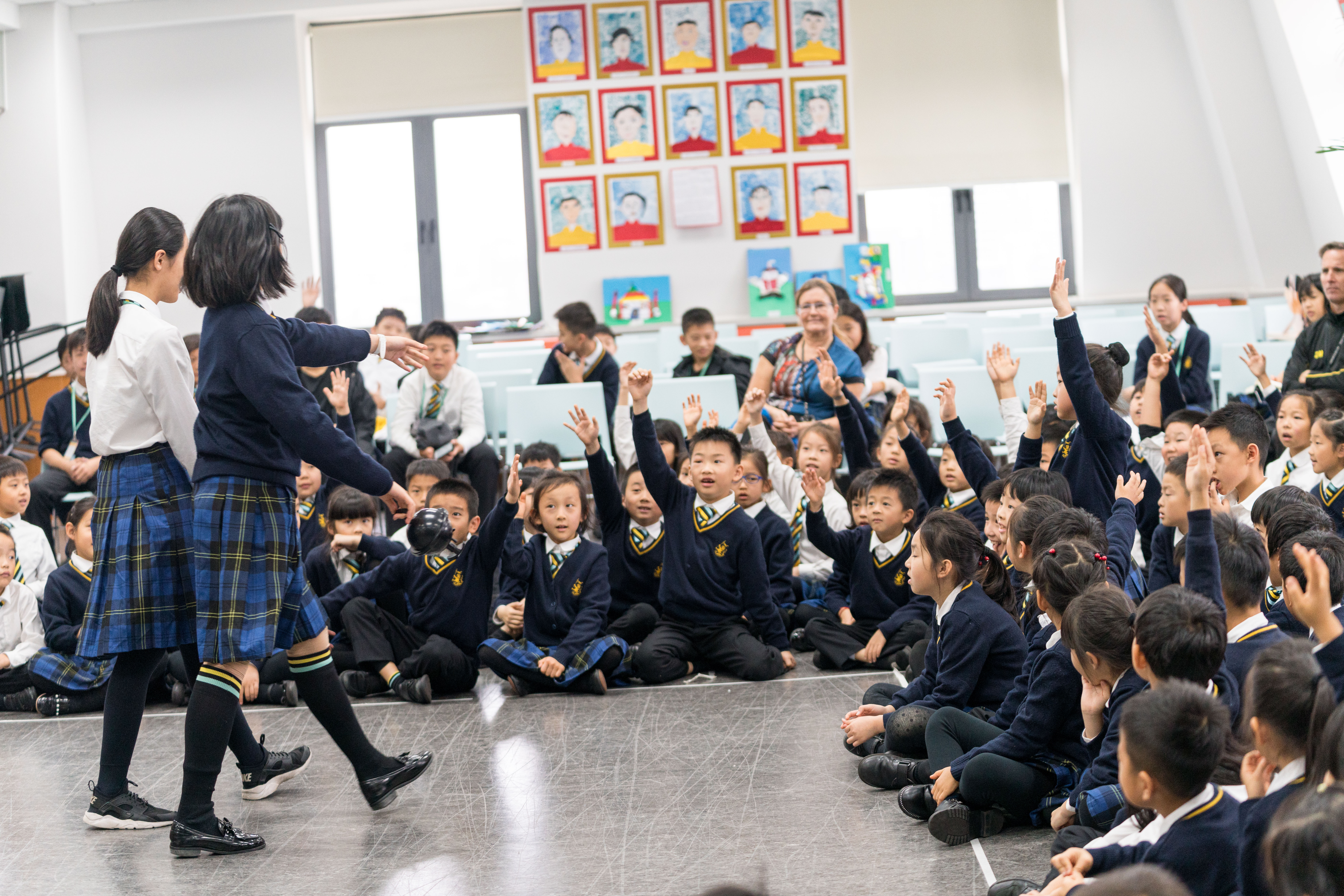
3. How about those pupils moving up to Lower Primary from the Early Years?
Michelle:We’ve implemented some preparatory visits for the Early Years children to come over to Hiba School. They come for a half-day visit, which gives them the chance to experience the whole Primary School setting – the lessons, playtime, snack time, all of the important elements and routines. It is a proper in-depth look at what they can expect when they fully arrive here as Hiba School pupils.Paul:Speaking as an English teacher, the introduction of the Read Write Inc programme to the Early Years pupils has helped to make sure that there is consistency so they can get to grips with this essential part of how Hiba School operates. The programme is a real strength of Hiba’s, as it gives pupils a fast and effective way to grasp English through phonics and deepen their abilities quickly. One of the hallmarks of Read Write Inc is its regular assessment of pupils to mark their progress, so this is something we want pupils to get used to from a very early stage.
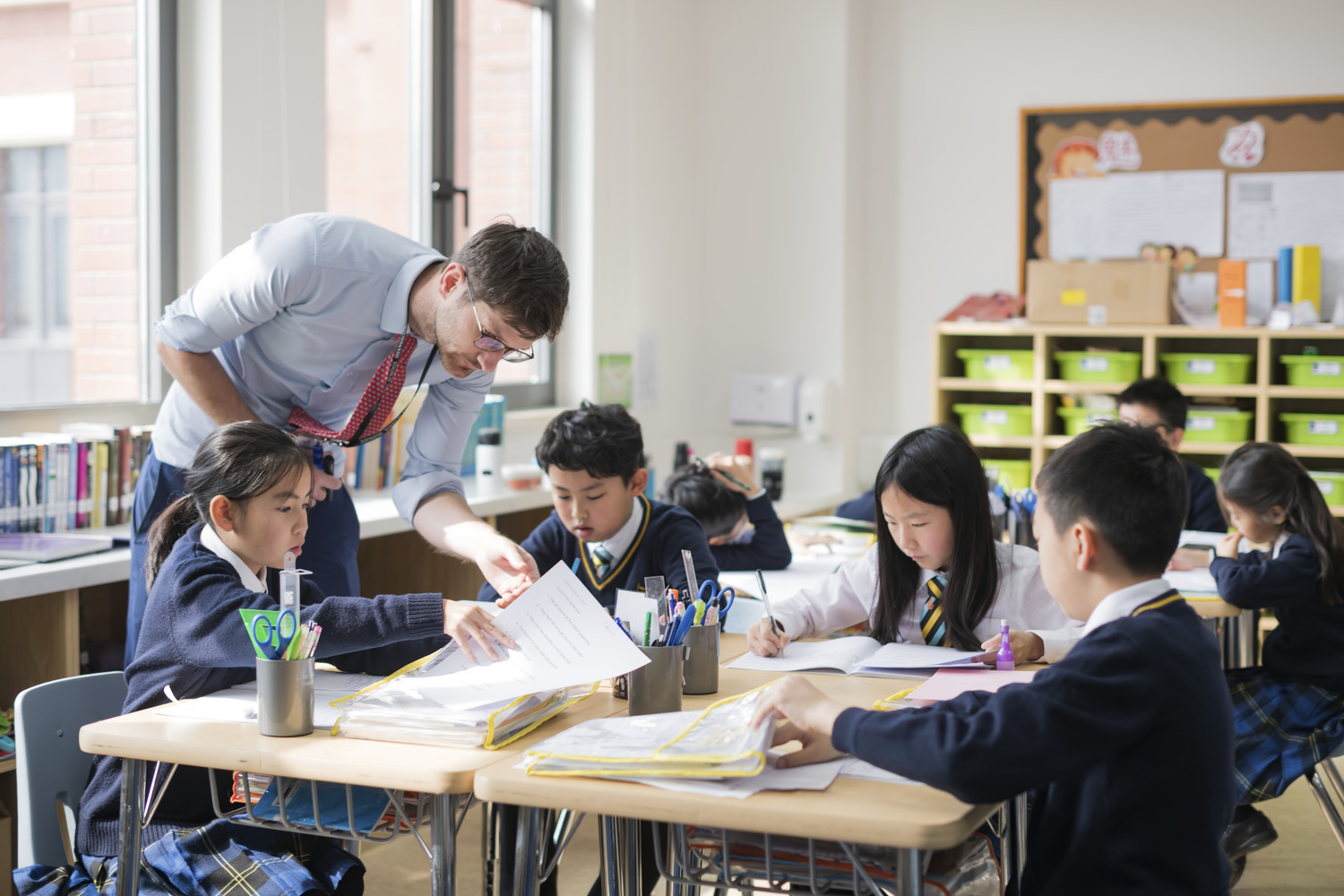
4. Have you enjoyed working in your coordinator roles since you started? Are there any particular successes you would like to highlight?
Michelle:I love it! Before, when I was working as a teacher and form tutor, I could only see the progress of those pupils I directly interacted with, whereas now I can see how many pupils across whole grades are progressing, not just in academic terms but also in terms of more personal goals and developments. I think that the pupil council is a particular success, as we are building it up to be an important part of how Hiba works. It contains one child from each class from grades 1-5 and, from my perspective, it is so important for grade 1 and 2 pupils to be involved in the council. They can see their ‘big brothers and sisters’ in the higher grades make speeches and propose changes, and will hopefully absorb it all to follow in their footsteps once they reach the higher grades themselves.
Paul:It’s been a great adventure so far, as the school is rapidly growing and changing. Grades 1 and 2 are now at capacity, so that means we have a lot more pupils and, as a consequence, a growing team of teachers to coordinate with. We have a fantastic team behind us now and they’re a joy to work with.
A big success I am proud of this year is that in grades 3-5 we have implemented the ‘accelerated reader scheme’, where pupils can go to the library and very quickly find books that are entirely appropriate to their reading level via an easy-to-use colour labelling system and online database.
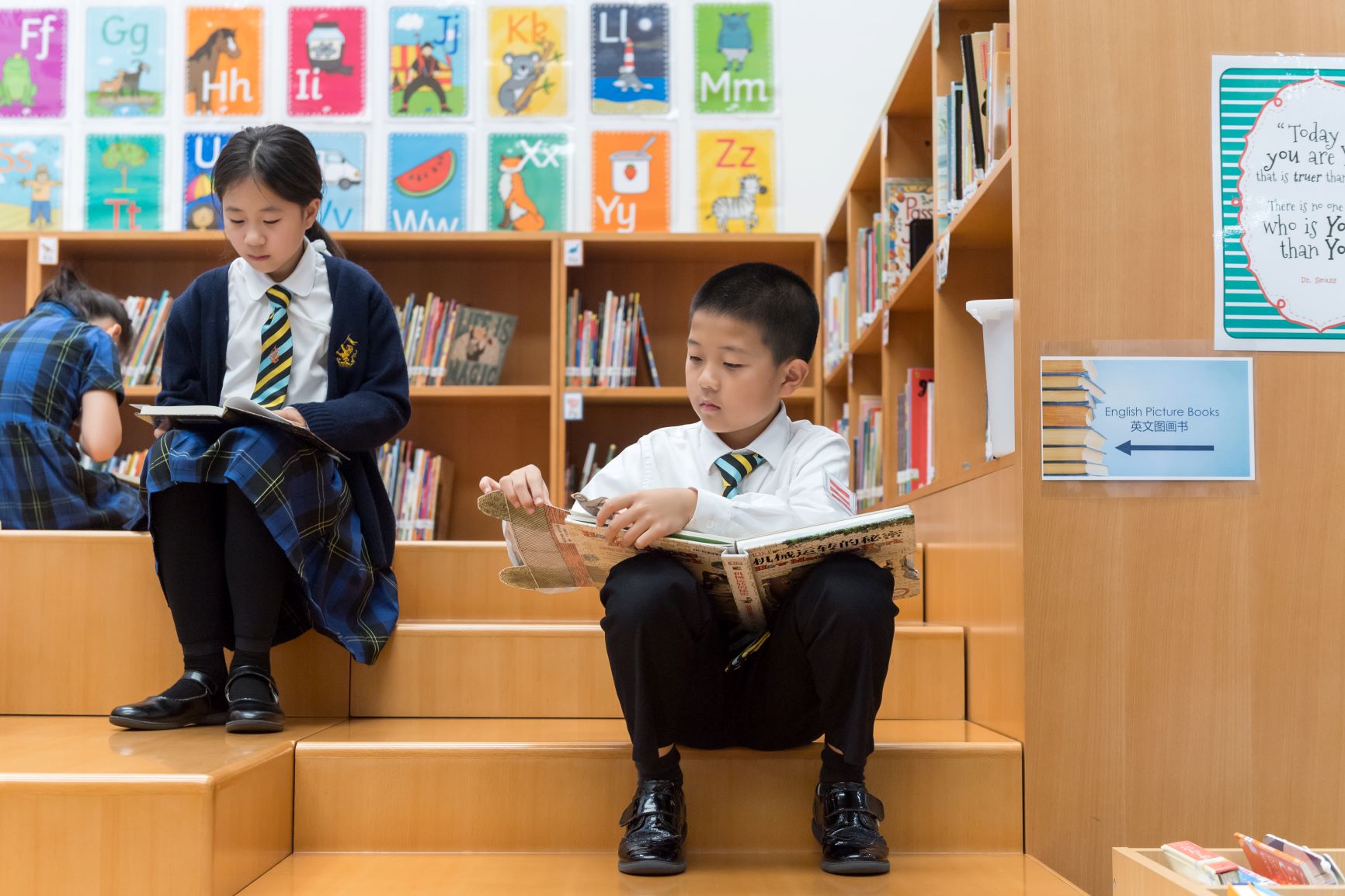
Pupils also have their individual account which gives them access to fun things like quizzes on books they have read, which also helps inform us teachers about their progress. It is so important for children to be able to find books that will excite and stretch them, without putting them off with undue difficulty. 5. What about challenges and areas of focus of the current year and further into the future? Paul:Going forward, the school will continue to grow, with more pupils and more form groups in every grade not already at capacity. Making sure that all our new additions can successfully settle into the school and its ethos is a challenge we are both looking forward to taking on. Michelle:Now that Hiba is nearly two years old, we are at the point where the initial infrastructure is all in place and the initial challenges of getting set up are behind us. Now we are facing the new challenges of quite rapid growth, where we have to make sure that the things that make Hiba special are retained, while the new arrivals are made to feel just as welcome and settled as the founding pupils and teachers.